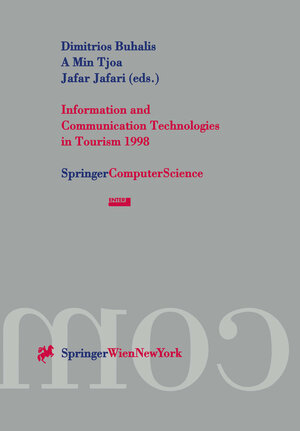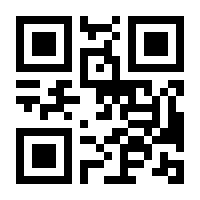
×
![Buchcover ISBN 9783709175040]()
"... The value of this volume lies in the diversity of the individual papers, and in the quality of most of them ... The major markets are probably in academia and education. The case studies in the book make it a good addition to texts for educators to use in the graduate classroom. Practitioners will also find valuable information in some papers to assist them in system development. The international nature of the papers and in particular the case studies is an important contribution ...” Information Technology & Tourism 1/99
Information and Communication Technologies in Tourism 1998
Proceedings of the International Conference in Istanbul, Turkey, 1998
herausgegeben von Dimitrios Buhalis, A Min Tjoa und Jafar JafariInformation and Telecommunication Technologies increasingly propel the tourism industry and have become one of the most important determinants of the competitiveness for both the public and the private sectors. It is quite evident that tourism organisations which fail to take advantage of the emergent opportunities introduced by technology will lose considerable market share and suffer strategic disadvantages. Business processes re-engineering is essential therefore throughout the tourism industry. Encouragingly tourism organisations respond to the challenges and a large number of principals use technology in both operational and strategic functions. However, technology threatens traditional distribution channels with disintermediation. Non-tourism organisations also take advantage of the technological developments and launch services for tourism consumers and suppliers, increasing the competition for traditional operators. The tourism industry, therefore, emerges as a very dynamic one and prospects are really exciting for professionals and researchers. Ultimately virtual enterprises will dominate the tourism industry. They will produce cost-effective, instantaneous, mass-customised goods and services; develop dynamic interfaces with suppliers and consumers; and constantly reform their structures in order to satisfy consumer needs. They will also take advantage of lean and flexible organisational frameworks; advanced technology; interactive and innovative marketing and management; rapid reaction to market requests; as well as effective networking and partnerships in order to provide more benefits for all stakeholders. ENTER adopted a consistent scientific approach to the study of tourism and technology. Over the last five years it brought together practitioners and researchers of both tourism and information technology.



